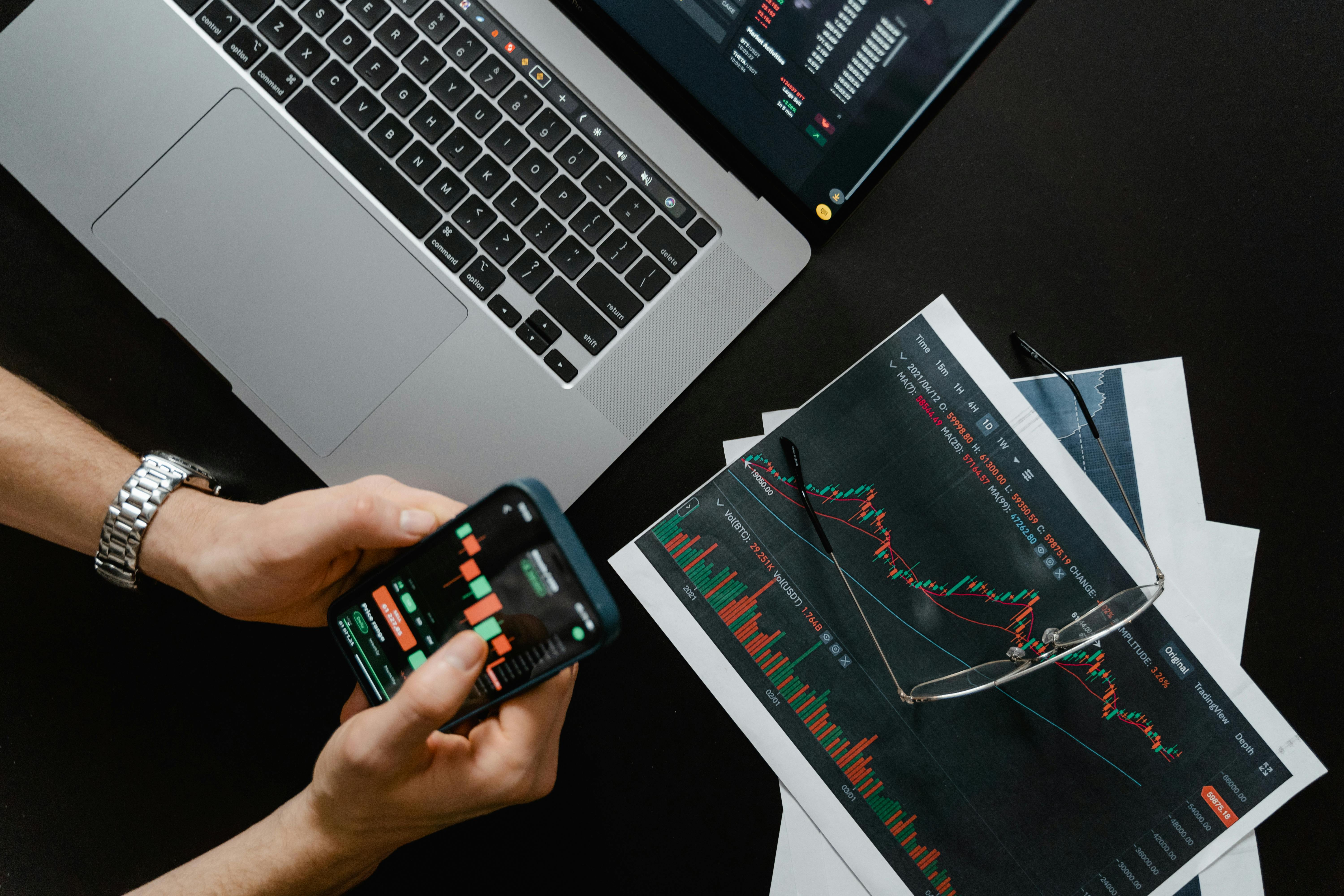
Blockchain Revolution in International Trade Finance: Transforming Global Commerce with Decentralized Technologies
Blockchain in International Trade Finance: A Comprehensive Analysis
The Current Landscape of Global Trade Finance
International trade finance represents a complex ecosystem involving multiple stakeholders, intricate documentation processes, and substantial transaction risks. Traditional trade finance mechanisms have long been characterized by inefficient paper-based systems, prolonged settlement periods, and significant intermediary costs. Blockchain technology emerges as a transformative solution, promising unprecedented transparency, security, and operational efficiency.
Technological Architecture of Blockchain in Trade Finance
Blockchain infrastructure enables a paradigm shift in trade finance through distributed ledger technologies (DLT) that fundamentally reimagine transaction protocols. Smart contracts facilitate automated, tamper-resistant documentation verification, reducing human error and enabling real-time transaction tracking across international jurisdictions.
Key Blockchain Protocols in Trade Finance
Top Blockchain Platforms for International Trade
-
Contour Network: A blockchain-powered platform facilitating letter of credit processing with enhanced security and reduced settlement times.
-
Marco Polo Network: Enterprise blockchain solution enabling seamless trade finance transactions through standardized digital infrastructure.
-
we.trade: Blockchain consortium developed by major European banks to streamline cross-border commercial transactions.
Regulatory Frameworks and Jurisdictional Considerations
Different international jurisdictions present unique regulatory landscapes for blockchain trade finance implementation. The United States Securities and Exchange Commission (SEC), Swiss Financial Market Supervisory Authority (FINMA), and British Virgin Islands Financial Services Commission have developed nuanced approaches to regulating blockchain-based financial instruments.
Market Analytics and Growth Projections
| Year | Estimated Market Value | CAGR |
|---|---|---|
| 2023 | $500 Million | 48.5% |
| 2024 | $750 Million | 52.3% |
| 2025 | $1.2 Billion | 55.7% |
Source: Global Blockchain Trade Finance Market Report 2023
Technical Challenges and Solution Strategies
Implementing blockchain in trade finance requires addressing critical technical challenges such as interoperability, scalability, and cross-platform integration. Advanced cryptographic techniques and layer-two scaling solutions offer promising mitigation strategies for these complex technical barriers.
Real-World Implementation Case Studies
Successful blockchain trade finance implementations demonstrate tangible benefits across multinational corporations. Companies like Samsung, HSBC, and Standard Chartered have successfully piloted blockchain solutions reducing transaction times from weeks to minutes while dramatically lowering operational costs.
Future Technology Trajectory
The convergence of artificial intelligence, machine learning, and blockchain technologies will likely generate increasingly sophisticated trade finance platforms. Predictive analytics, automated compliance checking, and advanced risk assessment mechanisms represent the next frontier of technological innovation.
RWA.codes: Blockchain Trade Finance Solutions
At RWA.codes, we specialize in developing sophisticated blockchain infrastructure tailored to international trade finance requirements. Our comprehensive suite of services encompasses legal advisory, technological architecture design, and strategic implementation support for enterprises seeking to leverage decentralized technologies.
Our expertise spans tokenization strategies, regulatory compliance frameworks, and custom blockchain protocol development, ensuring seamless digital transformation for global trade ecosystems.